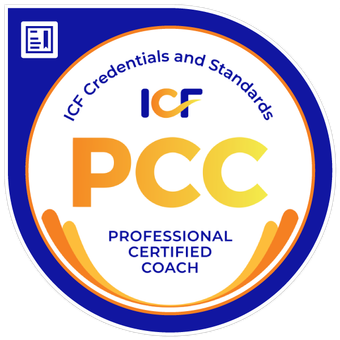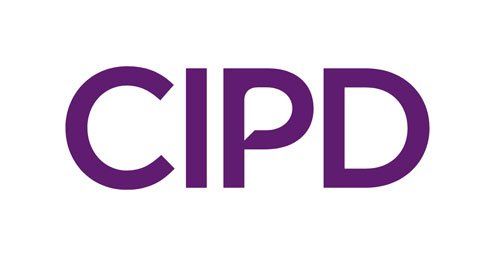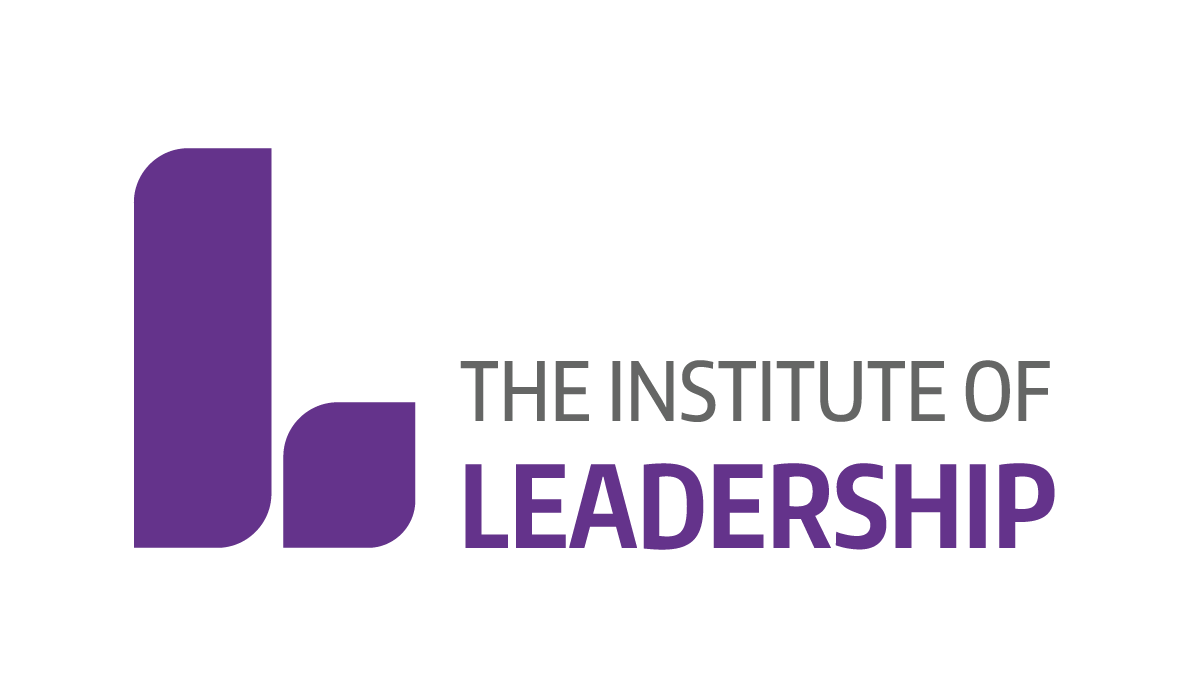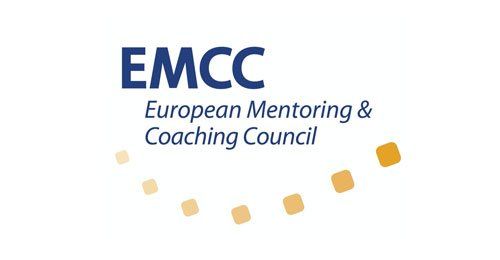Business Skills Courses
Our Business Skills Workshops will help you deliver the results you want to see for your business.
Critical Thinking Skills
The World Economic Forum predicts that in the next 15 years, the ability to think critically, to challenge thinking patterns, analyse, assess, create and innovate will be among the most crucial of all workplace competencies.
Our Critical Thinking skills training provides the tools and techniques needed to solve complex problems, develop robust decision making strategies and invoke a spirit of outside the box thinking. Crucially, participants will be introduced to the mindset that drives a critical thinking approach.
Learning Outcomes:
- Understand the place and value of a critical thinking approach in today’s workplace.
- Develop an improved ability to analyse and evaluate arguments, recognising fallacies, assumption and biases in ourselves and others.
- Learn enhanced problem-solving skills and an ability to approach problems in a systematic and logical way.
- Increase out of the box thinking, creativity and innovation with the tools and techniques to generate new and original ideas.
- Discover how to make improved strategic decisions, using techniques to weigh different options, and make informed decisions based on evidence and reasoning.
- Apply Critical Thinking techniques on live workplace challenges that can be put into practice straight away.
Customer Excellence
We all know the rule “The Customer Comes First”, but who are our customers and why do we need to pay attention to their needs? How do we define a ‘customer’ and how can we ensure that customers – internal and external – stay with us?
How can we create a feedback loop and build trust that allows for the continuous improvement of what we offer?
Today’s organisations rely heavily on people skilled in customer service and customer satisfaction, regardless of whether they are in traditional client-facing roles or not. Our carefully-crafted Customer Service course supports delegates
in developing the core skills needed to excite and delight your customers.
Learning Outcomes:
- Understand who your customers are and why they matter.
- Consistently deliver an exceptional standard of service to internal and external customers.
- Develop a customer mindset and use emotional intelligence and empathy to truly understand customer’s needs.
- Improve internal communications/working relationships between colleagues, teams and departments.
- Responsively manage customer expectations to avoid unnecessary escalations.
- Learn to handle challenging situations seamlessly to uphold the organisation’s reputation and protect the customer experience.
Effective Negotiation
Whether it is embedding a new strategy, sealing a commercial deal, establishing a remote working policy, or agreeing the finer points of a complex transaction, the art of negotiation is a key workplace skill.
In this course we focus on the skills and practices that contribute to successful negotiations. We look at what influences, drives and moves those around us and how we can lean on and into that knowledge to achieve the results we want to see. Participants will be introduced to the tools required to prepare for, engage in and conclude negotiations and to accomplish outcomes that are positive for multiple stakeholders.
Learning Outcomes:
- Understand the different types of negotiation and explore what successful negotiation really looks like.
- Learn to identify the factors that impact negotiations and the difference between interests and positions.
- Practise preparing for negotiations using a clear and accessible framework.
- Be able to employ listening and questioning skills to increase the scope of the negotiation.
- Understand different strategic choices and interpersonal skills that drive success to create a win-win scenario.
- Discover how to manage open and hidden agendas, handle dissent and deal with underhand tactics.
Equality, Diversity and Inclusion
Our Equality, Diversity and Inclusion training helps individual contributors, managers and senior leaders take the first steps towards creating a climate that truly supports difference and allows for potential to flourish.
Starting with the business case for equitable cultures, we look at why it matters to build teams and organisations that are inclusive and where bias doesn’t go unchecked. Delegates will be invited to consider what is meant by the terminology in this complex area – where language matters and is often layered and nuanced.
Learning Outcomes:
- Be able to articulate the case for inclusive, diverse and equitable workplaces.
- Understand the social neuroscience of bias and be able to describe the most common types of unconscious bias.
- Explore the language of E, D and I, and gain clarity on terminology.
- Recognise personal risk areas when it comes to bias mindset and develop strategies to counter these.
- Discover the value of allyship in organisations and understand the key responsibilities of allies.
- Create a roadmap that supports the increase of diverse, inclusive and equitable behaviours and systems.
Discover our Tools and Resources to help you with your personal development
